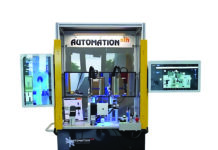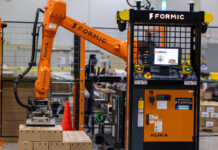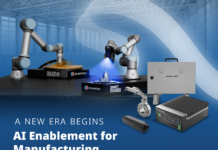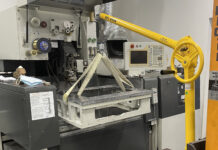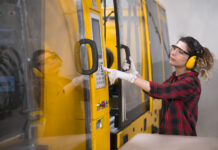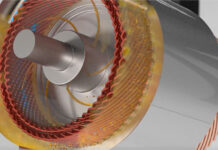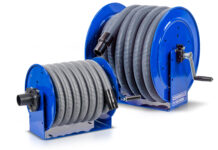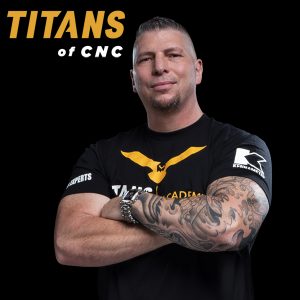
Can you give us a quick tour of how this whole adventure began?
Sure. I started working for different machine shops in Northern California in 1996, and then I decided to go out on my own in 2005. I only had a couple of guys helping me, and I basically worked 24 hours a day, grabbing a few hours of sleep on a couch in the office when I could. Within three years we were pulling in a million dollars a month. Then the recession hit and I almost lost the company. But we outworked the competition and started pursuing precision machining for the top aerospace companies. Seeing what manufacturing was going through made me start thinking about where the industry had gone wrong. We’d stopped reaching out to kids and teaching them what manufacturing was really about. The top companies from around the industry were locked behind closed doors, unwilling to share their knowledge and experience with the next generation. This really created a skills gap, or awareness gap, for the trade. It was left to the previous generation to figure out how to stay competitive, which has led to the major problems we’re still fighting today. Once the economy improved, unemployment numbers dropped, but many of those jobs were low-income and didn’t provide enough money for workers to get ahead. I also met employers at smaller shops who wanted to train their employees but didn’t know how. So I started wondering, “How could I make a difference in my trade? How could I find a way to bridge all these different needs in a way that made sense and actually worked?”
Sounds overwhelming. What was the first step you took in addressing the situation?
This was before social media had come on strong, so we decided to start filming a show for cable TV that showed clean shops and innovators with amazing machines. We wanted to erase the image of manufacturing as a sweatshop in students’ minds, and we wanted fast-food workers to realize there was a way they could make a good wage for their efforts. Then, during the second season, the vice principal of Career & Technical Education for The California Department of Corrections, who oversaw San Quentin State Prison, called and said “look, we have 35 prisons, most of them with machine shops, can you help me out?” I thought “I used to be in that situation and have been in prison, so I can definitely understand.”
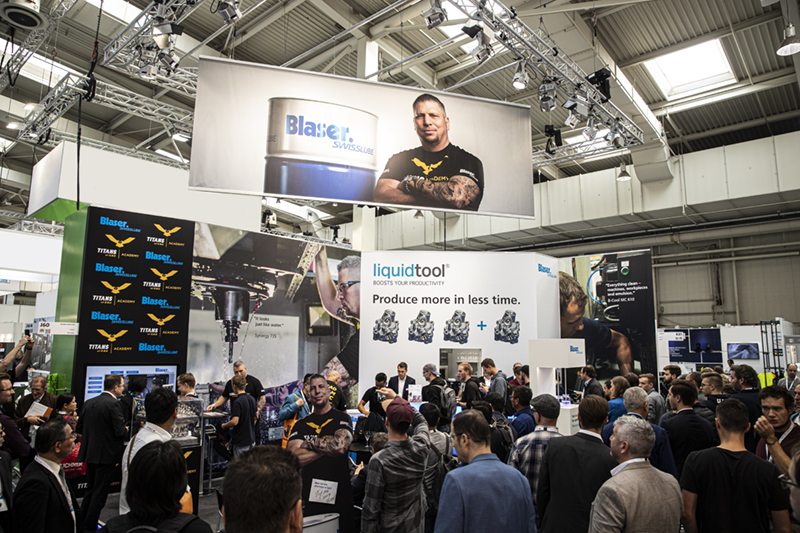
So we built our own curriculum, which we fine-tuned and then helped to develop a similar program with Dan Frank at Rocklin High School, which is nearby. We worked with our amazing partners like Kennametal, who donated tools, and once we’d run the whole program through quality control, we put it all online for free, for anyone willing to put in the time. It markets itself, because it provides high-level training where nothing else like it exists. Suddenly we had kids all over the world making parts and posting them on Instagram and YouTube; it just went crazy. Students and their parents began realizing that manufacturing didn’t have to be a dirty, old-school environment anymore, but a modern facility using the latest technology to compete on a global scale. We found that employers were relieved to find out they didn’t have to develop a training program for their employees themselves, we were doing it all for them, and it was free. Fast-food workers saw there was a way they could make a decent living and support their families, and inmates were able to develop skills prior to their release that would allow them to find a job and build a life for themselves. We now have approximately 80,000 people enrolled in our Academy in 170 countries around the world, and we’re partnering with about 2,500 educational institutions. Our industry partners include companies like Kennametal, Mastercam, Makino, DMG Mori, Blaser Swisslube, Schunk, and many more. And now we get about 100 calls a day from industry giants who need qualified workers, seeking out our students. It’s just incredible. And on top of that we have a link on our website called “small groups” where you can punch in your zip code and it will give you a list of local companies that offer three-hour training sessions on Saturday mornings to people who want to attend. We also have a list of over 1,000 industry endorsements for companies that have validated our approach to teaching CAD, CAM, and CNC. Top manufacturers around the world are seeing the value and importance of high-level training for the next generation of employees. These are just a few examples of how we are doing our best to continually increase awareness that really shows results.
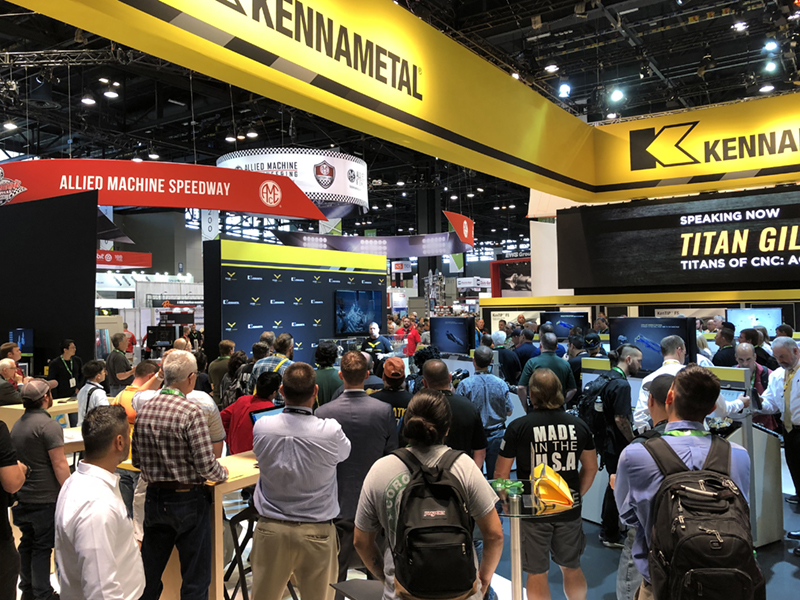
What do you have on the horizon that you’d like to share with our readers?
We’re always working on new projects, but there are a few in particular that will launch soon that we feel really good about. One is the Titans of CNC: Aerospace Academy. This platform, launching in April 2020, is designed specifically to teach CNC machining at the highest level. Because of our experience as aerospace machinists, we are qualified to help others achieve the same level of skills to get to that level. This will allow shops to grow and extend their clientele, while working on projects that will support the next generation of space travel and beyond. Our next project in progress is our certification platform, CNC Expert. This platform will provide an opportunity for users to be validated on their hard work and skill producing Titans of CNC parts. We are developing our own list of skills and standards, validated by industry, that will ensure that each certification has real-life value to individuals looking for opportunities in the trade. All of this is based on a graduate actually being able to make a part according to a print. It’s a real-world approach to training and certification.
Why do you do this, Titan? Is it even possible to sum it all up?
I never knew my father growing up, or anything about my family. Years later I met my dad, and I found out that both of my grandfathers were machinists, one in Detroit and the other in Seattle. That was pretty mind-blowing, to find out that I come from good people and have a lineage of great machinists in my family. I just walked into the trade and it clicked for me, but now I know it wasn’t an accident. The same opportunity is out there for others. A great career with great opportunities to make a difference. At this point in my life, that is what I am focused on; helping others reach their potential and bringing awareness to a trade that has made such a huge difference in my life. The older I get, the more I realize that what’s most important in life is to serve others. I have five great kids and a beautiful wife now. I want to help others find their way to a better place, as well.

